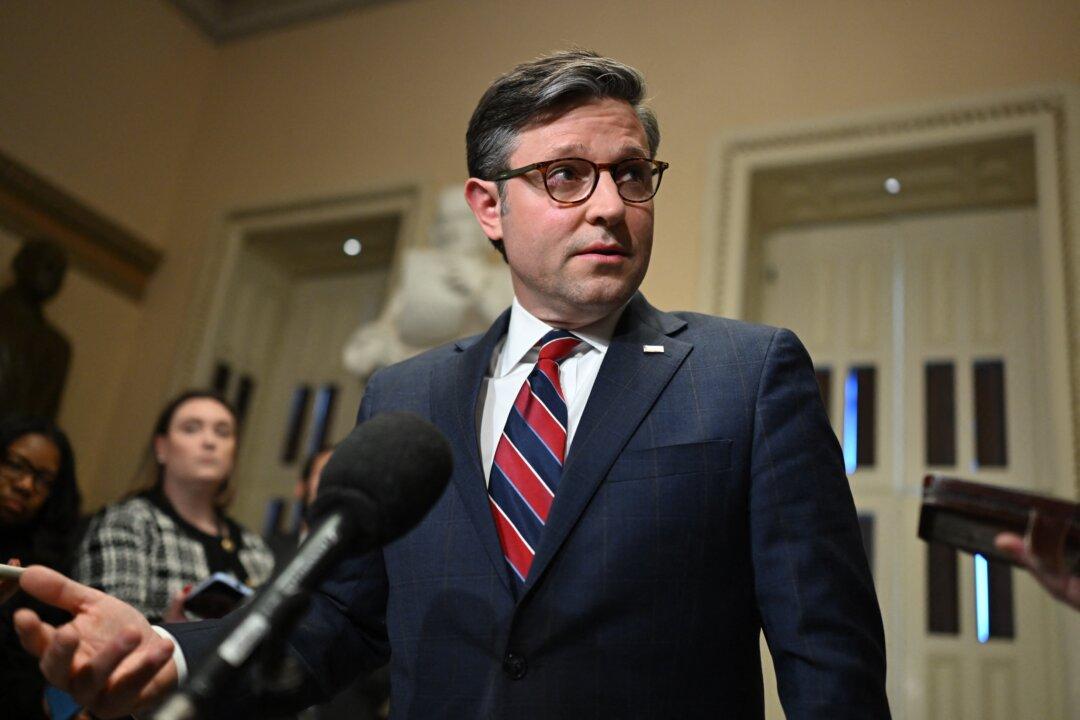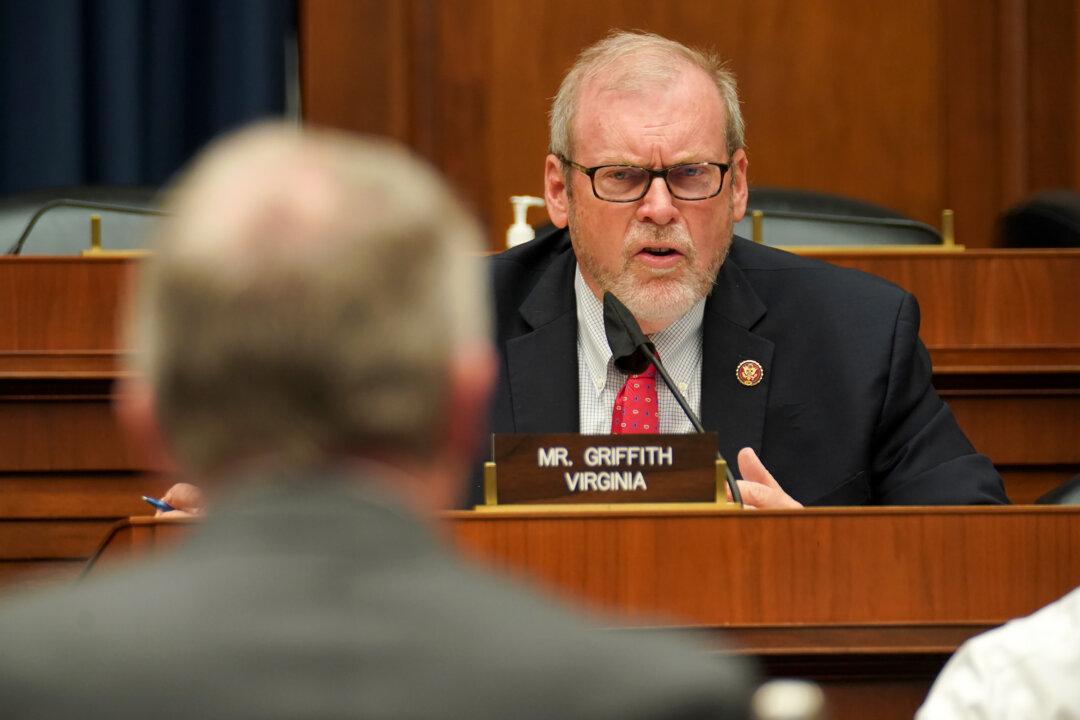Senators will return to work next week in hopes of reaching an agreement on border policy measures that have been tied to a bill to authorize additional arms and ammunition for Ukraine before Christmas, Senate Majority Leader Chuck Schumer (D-N.Y.) announced on Dec. 14.
The Senate had been scheduled to adjourn for the holidays on Dec. 15 but will return after a weekend break. Mr. Schumer said the Senate will vote on supplemental aid for Ukraine and Israel next week “no matter what.”






